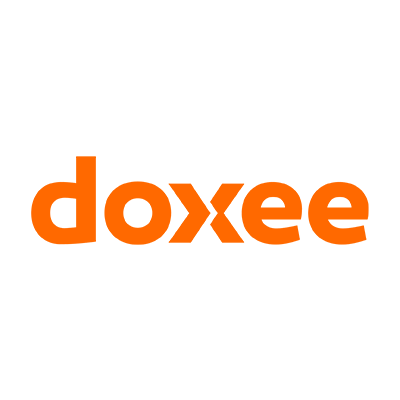Europe has recently taken a big step towards using the Internet of Things (IoT) across industries. This is having a huge effect on how companies in the continent run their businesses. As the reliance on IoT technology increases so do the opportunities for businesses to improve their connection with their customers and then increase the level of their service.
Here in Italy, the supply chain is being made more efficient using IoT technology. The Dynamic Maintenance Management Systems (DMMS) is an IoT initiative being used by the national rail company Trenitalia. Armed with hundreds of sensors that are embedded in the train’s hardware, the system is able to supply real-time reports and precise maintenance-related analysis by way of 5,000 signals per second. Rather than replacing working parts just because it’s mandated in the manual, Trenitalia’s engineers can instead rely on real-time, IoT enabled data to keep the trains running at optimum conditions at all times. The resulting savings are then passed on to customers in the form of consistent service as well as a reduction in fees.
In the retail industry, chatbots are changing how companies connect with their customers. Used mostly for customer support, chatbots are able to provide a more streamlined and faster service to help with customer inquiries. This can range from finding the best modes of travel to helping online customers find the right clothes by guiding them around the website. Europe is most receptive to chatbots with Business Insider reporting that 50% of the French consumers surveyed viewed them in a “positive light”. As more businesses adopt chatbots, their customer service will improve.
The UK is taking the lead in IoT-related developments and improvements to the supply chain. The Metro notes that the government is already testing autonomous lorries on UK roads to improve the transport industry. While that will happen in the near future, today vehicle telematics are increasingly becoming an essential part of Britain. So much so, that Verizon Connect explains how many UK companies now use telematics to collect data on their workforce. This allows them to get a big-picture report on how the business is doing and what needs to be changed. For the transport industry this means an improved service when delivering goods. Telematics helps them find the optimal routes, which creates a faster service. Customers also have more control in tracking their packages, therefore creating a stronger connection to the company.
The increase in IoT technology is requiring law changes in Europe. Through a recent mandate known as the European Union’s General Data Protection Regulation (GDPR), the EU is taking the potential power of its citizens’ data into its own hands. Recognising the huge role of IoT in running the global supply chain, the EU is mandating European data-collecting companies to immediately disclose any data breaches to its regulators, whether or not the company is in Europe – as long as the data in question belongs to European citizens. Furthermore, the law includes encrypting and making the data anonymous from the source, which means built-in protection for smartphones and other IoT devices. The new measure is expensive, but EU regulators believe that it’s a necessary step towards protecting customers and companies from data breaches. As more companies use the IoT to connect with their customers, these laws will become even more important.
As the global supply chain becomes reliant on new technologies, these same technologies are providing different ways of bridging the ever-present gap between companies and their consumer base. For more insights on the impact of new and connected tech on customer relations, check out our feature on Amazon Web Services (AWS) – and how the little-known cloud-computing division has been behind nearly every online shopping or web service, including Spotify, Netflix, and Amazon.
Internet of Things Feature Story authored by Samantha Forde for the exclusive use of doxee.com








